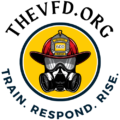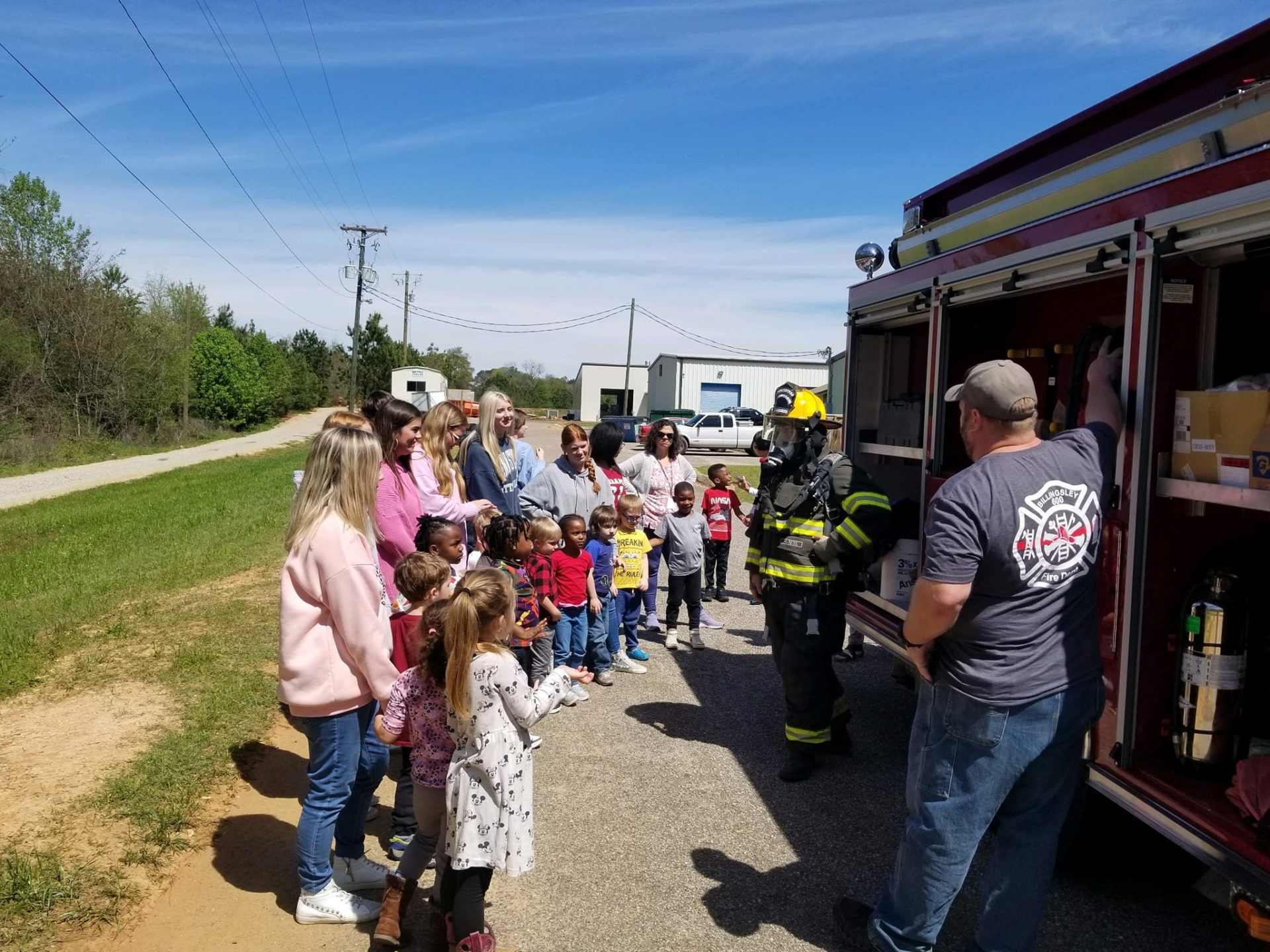Firefighters rely on strong bonds and a solid support system within the fire department to carry out their demanding and often dangerous work. These connections not only foster camaraderie but also ensure effective teamwork and communication during critical operations. Building and nurturing these relationships is vital for the well-being of both individual firefighters and the department as a whole. In this blog post, we will explore the importance of creating a support system and cultivating strong connections within the fire department.
Building a Culture of Trust
Encouraging Open Communication
To build a culture of trust within the fire department, it is imperative to encourage open communication among team members. This includes creating an environment where individuals feel comfortable sharing their thoughts, concerns, and ideas without fear of judgment or reprisal. By fostering a culture of transparency and active listening, we can strengthen relationships and create a sense of camaraderie that is crucial for effective teamwork.
Fostering Peer Support
Any fire department looking to strengthen its support system must prioritize fostering peer support among its members. This involves promoting a culture of solidarity and empathy, where firefighters are encouraged to provide emotional and mental support to their colleagues. By establishing a network of trust and understanding, firefighters can lean on each other in times of need, ultimately creating a stronger and more resilient team.
The bond between firefighters is unique and forged through shared experiences, challenges, and victories. It is crucial to cultivate this bond by fostering peer support and encouraging a strong sense of community within the fire department. By prioritizing the well-being of each member and maintaining open lines of communication, we can build a support system that ensures every firefighter feels valued and supported on and off the field.
Strengthening Team Bonds
Now, one of the critical aspects of fostering a strong and united fire department is to focus on strengthening team bonds. A cohesive team not only works more effectively during emergencies but also provides imperative support and camaraderie among its members. By investing in activities and initiatives that bring the team together, you can create a foundation of trust and communication that is vital in high-pressure situations.
Team-Building Activities and Training
Team-building activities and specialized training sessions are powerful tools in enhancing teamwork within the fire department. These activities can range from physical challenges that require collaboration to simulations that mimic real-life emergency scenarios. By engaging in these exercises, team members learn to communicate effectively, trust one another’s abilities, and develop a strong sense of unity that carries over into their everyday operations.
The Role of Leadership in Team Dynamics
One of the key factors influencing team dynamics within the fire department is the quality of leadership. Leaders play a crucial role in fostering a positive work environment, promoting open communication, and setting a high standard of professionalism for their team members to follow. Effective leaders lead by example, inspire their team through their actions, and provide the necessary guidance and support to ensure that everyone is working towards a common goal.
Now, team members look up to their leaders for direction, encouragement, and motivation. A strong leader can significantly influence the team’s morale, cohesion, and overall performance. By demonstrating integrity, accountability, and a commitment to the well-being of the team, leaders can build trust and respect among their members, leading to a more cohesive and effective firefighting unit.
Developing Professional Support Networks
Mentoring Programs within the Fire Department
To enhance the skill development and career growth of firefighters, mentoring programs within the fire department are crucial. These programs provide a structured framework for experienced firefighters to support and guide new recruits, helping them navigate the challenges of the job and providing valuable insights and advice.
External Support and Resources for Firefighters
To supplement the internal support systems within the fire department, accessing external support and resources is necessary for firefighters to maintain their well-being and resilience. External organizations, such as mental health services, peer support groups, and specialized training centers, offer additional avenues for firefighters to seek assistance and further develop their skills.
Another important aspect of external support is the availability of resources designed to address specific challenges that firefighters may face in the line of duty. These resources can include counseling services for post-traumatic stress disorder (PTSD), substance abuse programs, and financial assistance for families of firefighters in need.
Addressing Mental Health and Resilience
Recognizing Signs of Stress and Trauma
Keep a sharp eye out for behavioral changes such as irritability, withdrawal, substance abuse, or uncharacteristic emotional outbursts among your team members. These can be red flags indicating they are struggling with stress or trauma. Encourage open communication and provide resources for professional help when needed.
Implementing Coping Strategies and Wellness Programs
Any fire department looking to support their members’ mental health should consider implementing coping strategies and wellness programs. These could include stress management workshops, mindfulness training, peer support networks, and access to mental health professionals. By incorporating these initiatives into your department’s culture, you can promote mental resilience and well-being among your team.
Wellness programs play a crucial role in fostering a healthy work environment within the fire department. These programs can include physical fitness challenges, nutrition education, mental health resources, and peer support groups. Making wellness a priority not only improves the overall health of your team but also enhances their ability to cope with the challenges they face on a daily basis.
Final Words
With these considerations in mind, creating a strong support system and fostering connections within the fire department is vital for the well-being and effectiveness of the team. By promoting open communication, providing resources for mental health support, and encouraging teamwork, fire departments can ensure that their members feel valued and supported. Building a sense of camaraderie and trust among firefighters leads to greater cohesion during emergencies, ultimately resulting in a more efficient and successful response to fires and other crises. Investing in the mental and emotional well-being of firefighters not only benefits the individuals themselves but also strengthens the entire department, creating a resilient and unified force ready to face any challenge that comes its way.


